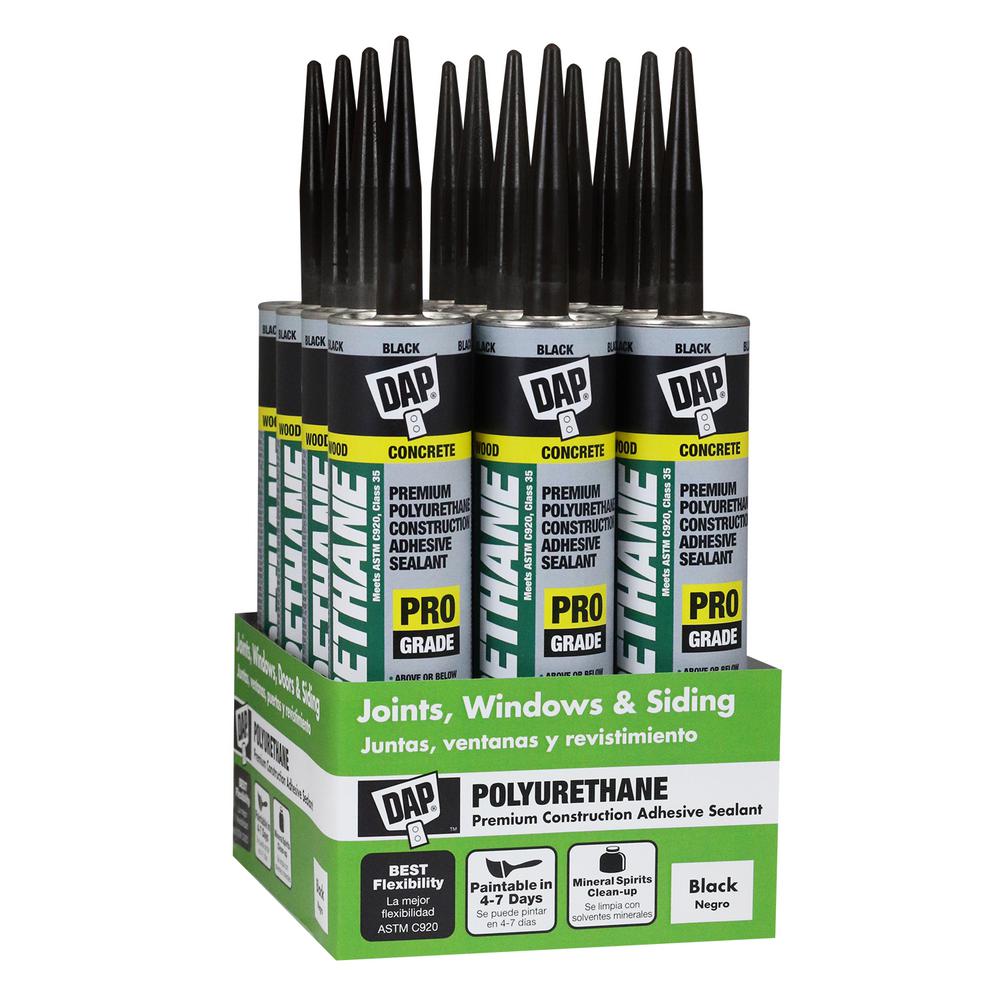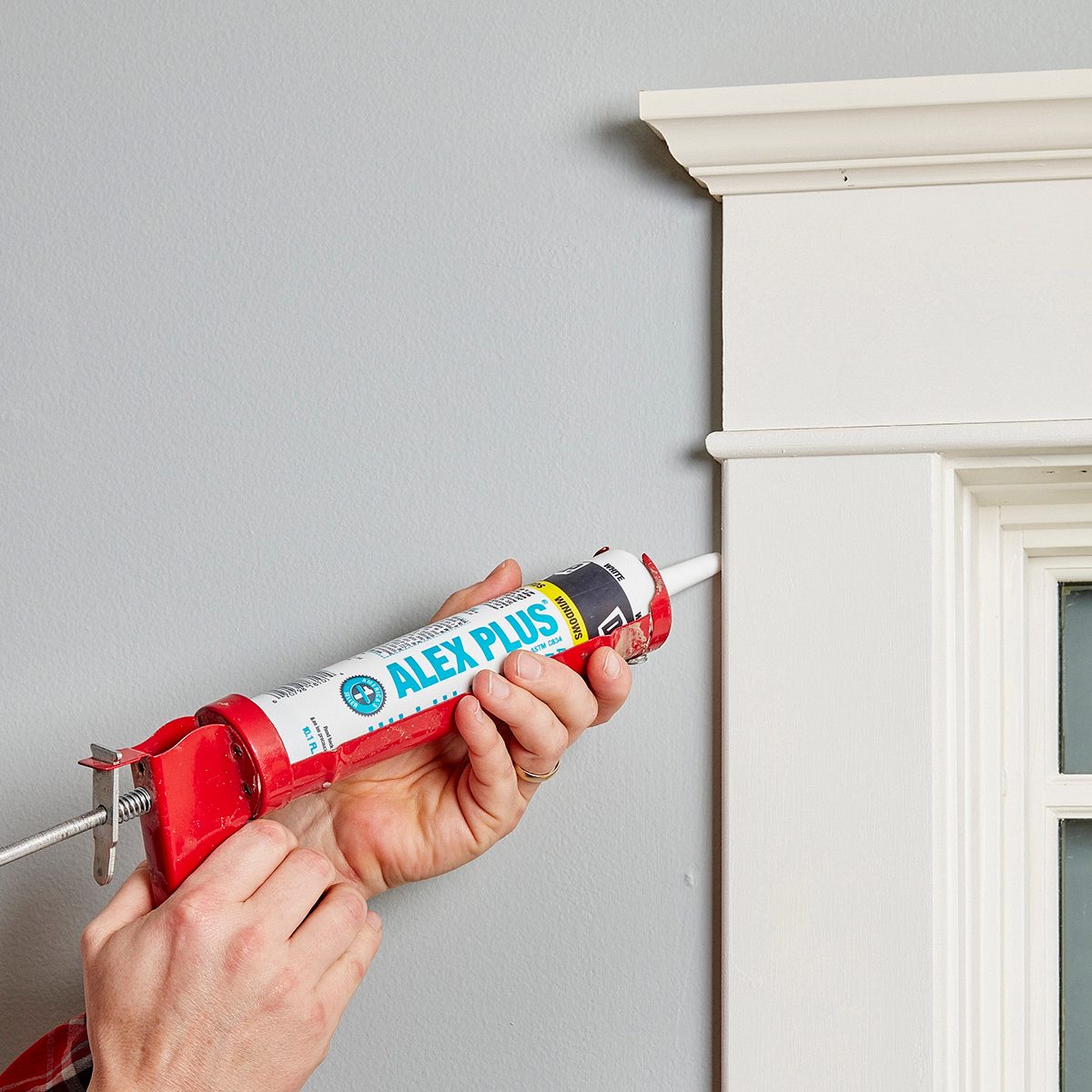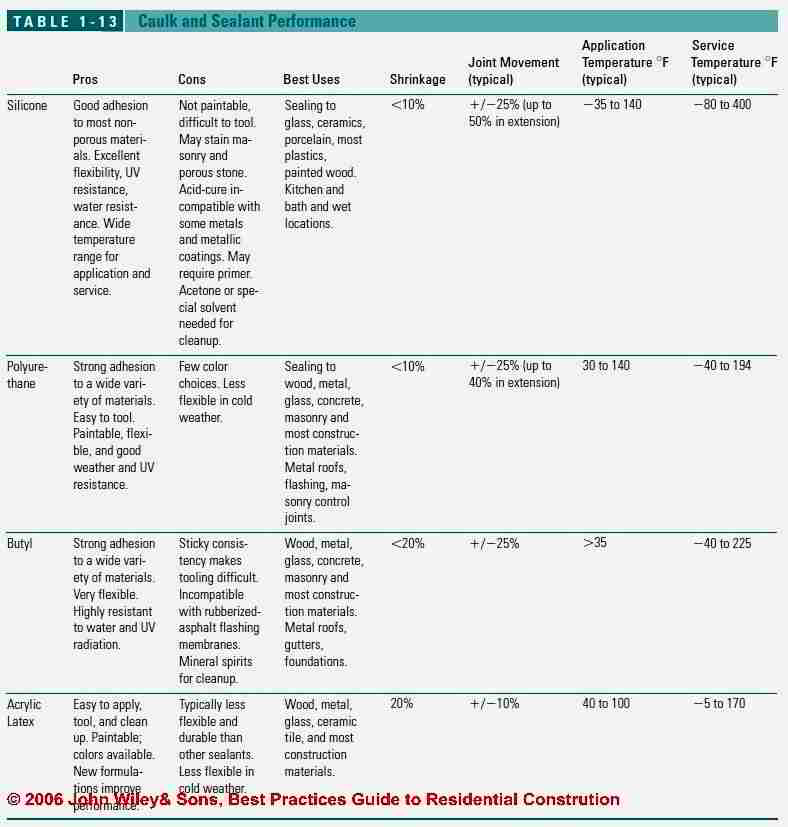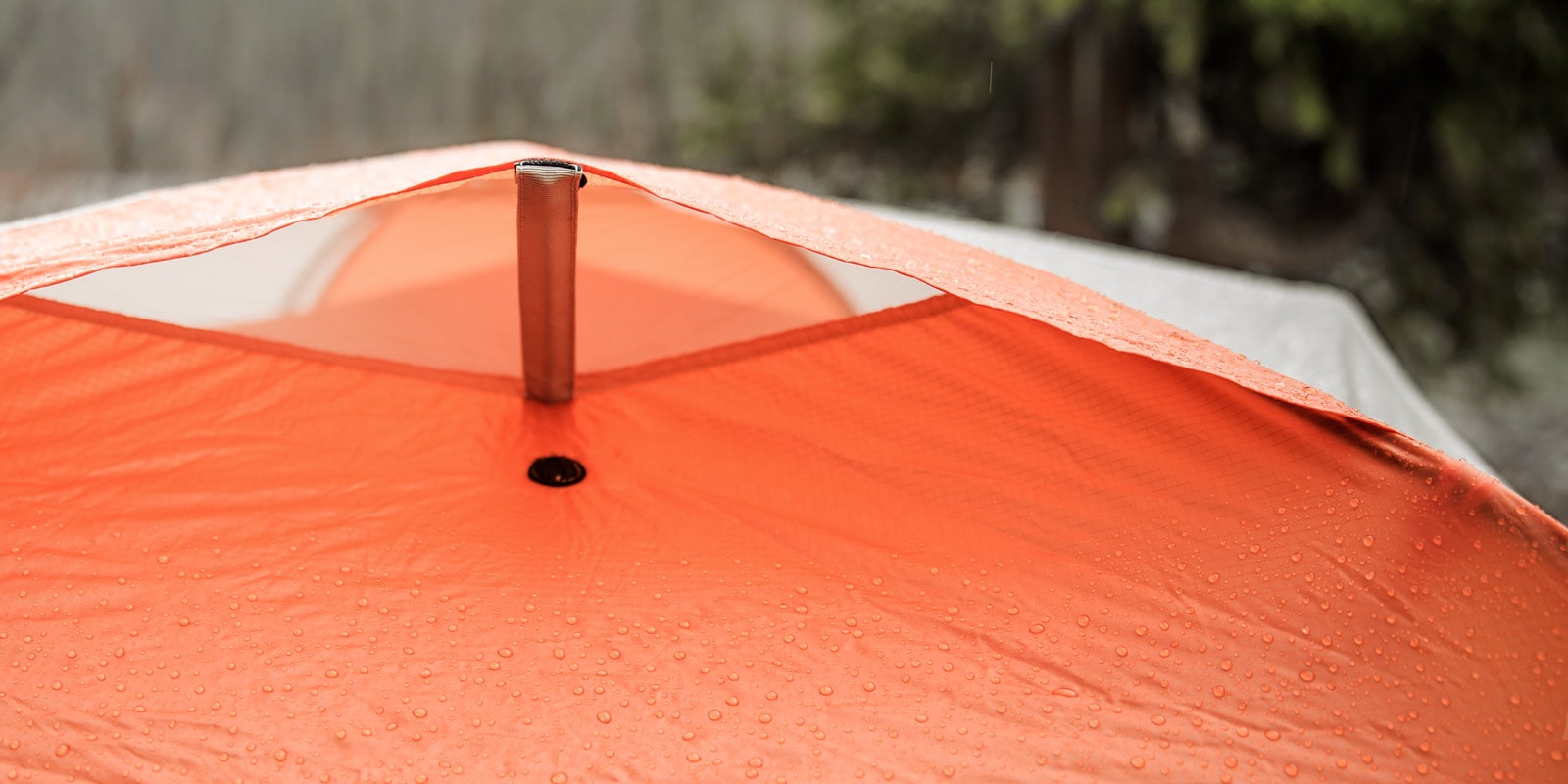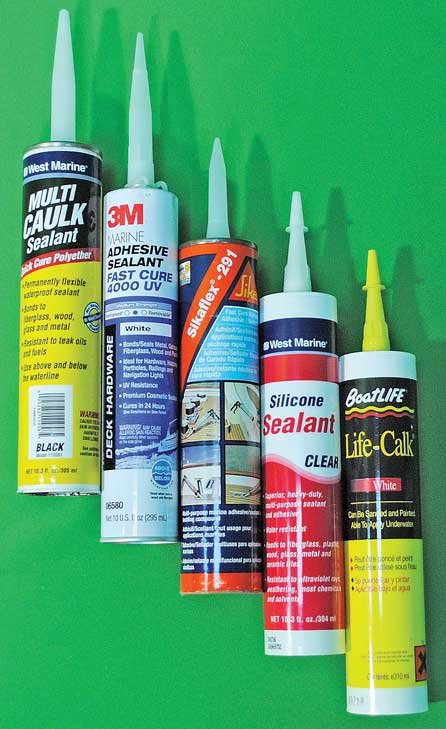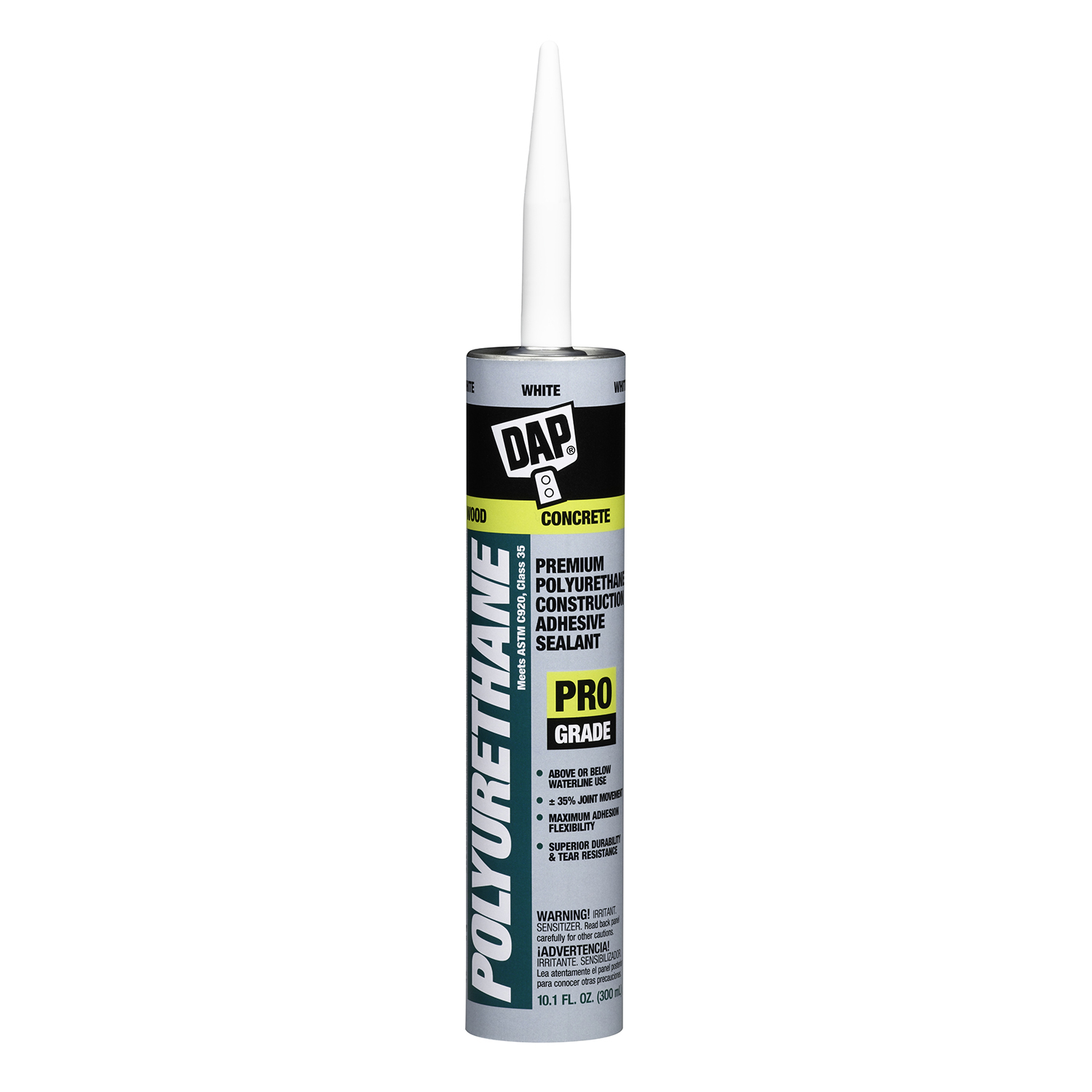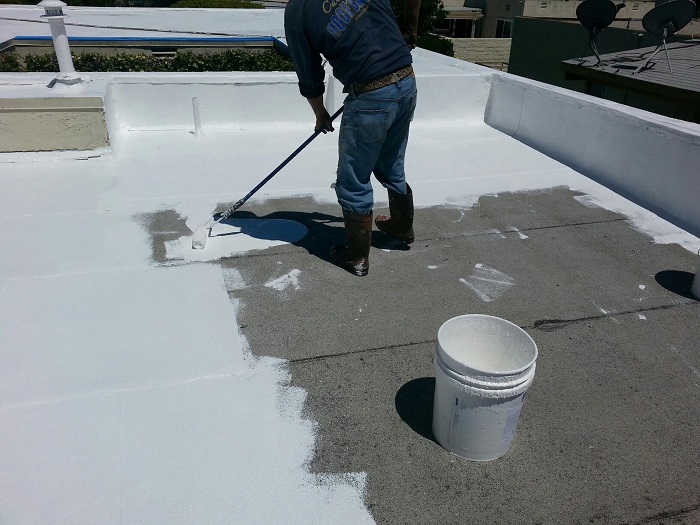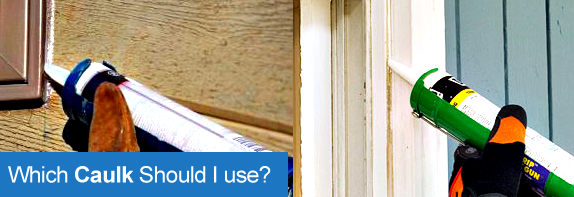The simple answer is this. The testing standards required may vary by sealant chemistry silicone or urethane.

How To Select Sealants And Caulk West Marine
Urethane vs silicone sealant. Example there is far better uv resistance in urethane sealants compared to what existed when the building was constructed. Silicone is the best sealant for the colder temperatures. Polyurethane is an organic material. By choosing silicones with longer term warranties the life cycle cost of sealing your building could be greatly re duced. A silicone based sealant carries a longer term warranty ranging from 10 to 20 years as opposed to the standard 5 year urethane warranty which is common in the industry. Building specifications often dictate that a sealant meet particular testing standards.
The more common tests applied to silicones and urethane sealants are. Polyurethane however becomes even harder to apply and does not make a permanent bond when the temperatures are low. After careful consideration it was determined that a silicone sealant. Silicone remains flexible unlike the polyurethane. By choosing silicones with longer term warranties the life cycle coat of sealing your building could be greatly reduced. Why is sealant chemistry important.
Silicone is an inorganic material. This building required a sealant with high uv stability flexibility over a wide temperature range and the ability to accommodate extreme joint movement. A silicone based sealant carries a longer te rm warranty ranging from 2 to 4 times as many years as opposed to a common urethane warranty. Uv stability and reversion. Astm c920 federal tt s 001543 astm d 5893. The cold does not affect application.
The effects of breakdown of silicone and polyurethane depend on the sealants chemical makeup. The primary difference is at the chemical level.

